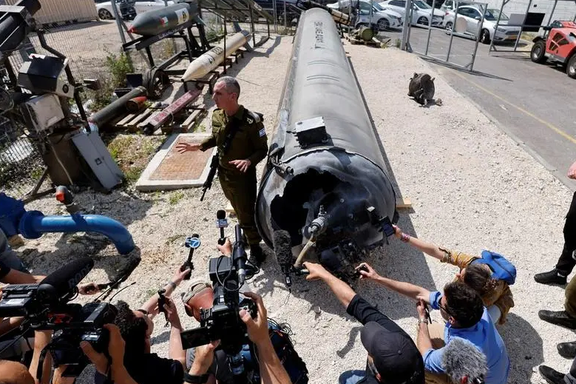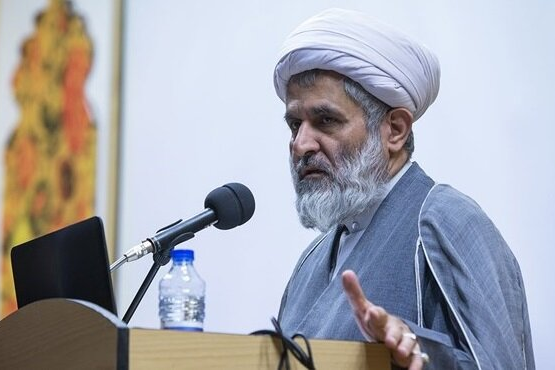IRGC official suggests Iran’s strikes on Israel lacked strategic impact

A senior official in Iran’s Revolutionary Guard appears to have acknowledged that a series of direct attacks on Israel did not achieve their intended strategic goals.

A senior official in Iran’s Revolutionary Guard appears to have acknowledged that a series of direct attacks on Israel did not achieve their intended strategic goals.
Hossein Taeb, an advisor to the IRGC Commander-in-Chief, made the comments on Wednesday during a speech discussing Iran's so-called operation True Promise 3, an attack promised by Iranian officials on Israel.
"The operations of True Promise (1), 2, and 3 should be executed when they are strategically effective," Taeb said in comments carried by state media, referring to earlier Iranian attacks against its regional arch-enemy.
Operation True Promise 1 was Iran's first ever direct military strike against Israel, conducted on April 13, 2024.
In retaliation for an Israeli air strike on the Iranian consulate in Damascus two weeks earlier, which resulted in the deaths of two Iranian generals, the Islamic Revolutionary Guard Corps (IRGC) launched a coordinated assault involving over 300 ballistic missiles, cruise missiles and drones targeting Israeli military installations.
Operation True Promise 2, conducted on October 1, 2024 saw the IRGC launched approximately 200 ballistic missiles targeting Israeli military facilities in response to the assassinations of high-ranking Iran-aligned militant leaders.
"Speeding up a war does not mean achieving success," Taeb added. "Strategic weapons must be used at the right time and in a timely manner."
The unprecedented attacks marked a significant escalation in Iran-Israel tensions, transitioning from proxy engagements to direct confrontation. But Israel's advanced air defense systems, with support from US and allied forces, intercepted the majority of the incoming projectiles, minimizing casualties and damage.

Taeb’s remarks follow months of speculation about why Iran has delayed another retaliation to Israel after it battered Tehran-backed armed groups in the region.
Two senior IRGC generals said earlier that Iran's loss of its ally in Syria and lack of sufficient funding meant the time was not right to hit Israel anew.